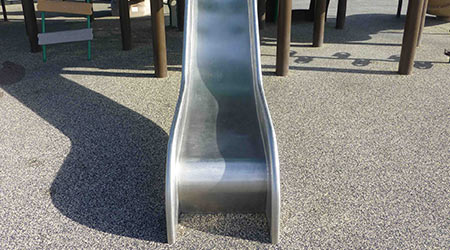
Q&A: Maintaining Testing/Inspection Documents
February 13, 2017
Q: Our organization is accredited by the Joint Commission. I know for inspection purposes we need to have the current year plus that past three years of documentation for LS and EC standards such as fire extinguisher, emergency lights, emergency generator, med gas testing etc. We currently have years and years of documentation being stored. Can these be disposed of or do we need to keep it because we need to keep records of all devices? I hope I'm explaining myself well.
A: I fully understand what you’re saying and you explained yourself well. Your questions is, can you dispose of testing/inspection documents older than three years? Well…. I guess you could, but I certainly would not recommend it.
A couple of years ago, during a Joint Commission survey, a surveyor asked a client of mine to produce a document to ensure a particular item was replaced and retested from seven years prior. Fortunately, the client was able to produce that document, but it surprised the client (and me) that a surveyor would want to look at a document that was seven years old.
I understand that Joint Commission surveyors can and often do ask for documentation that goes back three years, so obviously having three years’ worth of documentation available is a necessity. But there are other reasons to maintain testing/inspection document, such as evidence for litigation cases. While one hopes they never have to utilize documents for that reason, it is a real possibility.
When I was safety officer at the hospital where I worked, I found strategic storage areas where I kept my old testing/inspection documents. But if you’re asking if there are NFPA codes or standards, or Joint Commission standards that require maintaining these documents for any particular length of time, I would say no… I’m not aware of that.
Brad Keyes, CHSP, is the owner of KEYES Life Safety Compliance, and his expertise is in the management of the Life Safety Program, including the Environment of Care and Emergency Management programs.
This Quick Read was submitted by Cathryn Jakicic, Healthcare Industries Editor, Facilities.net.
Next
Read next on FacilitiesNet












